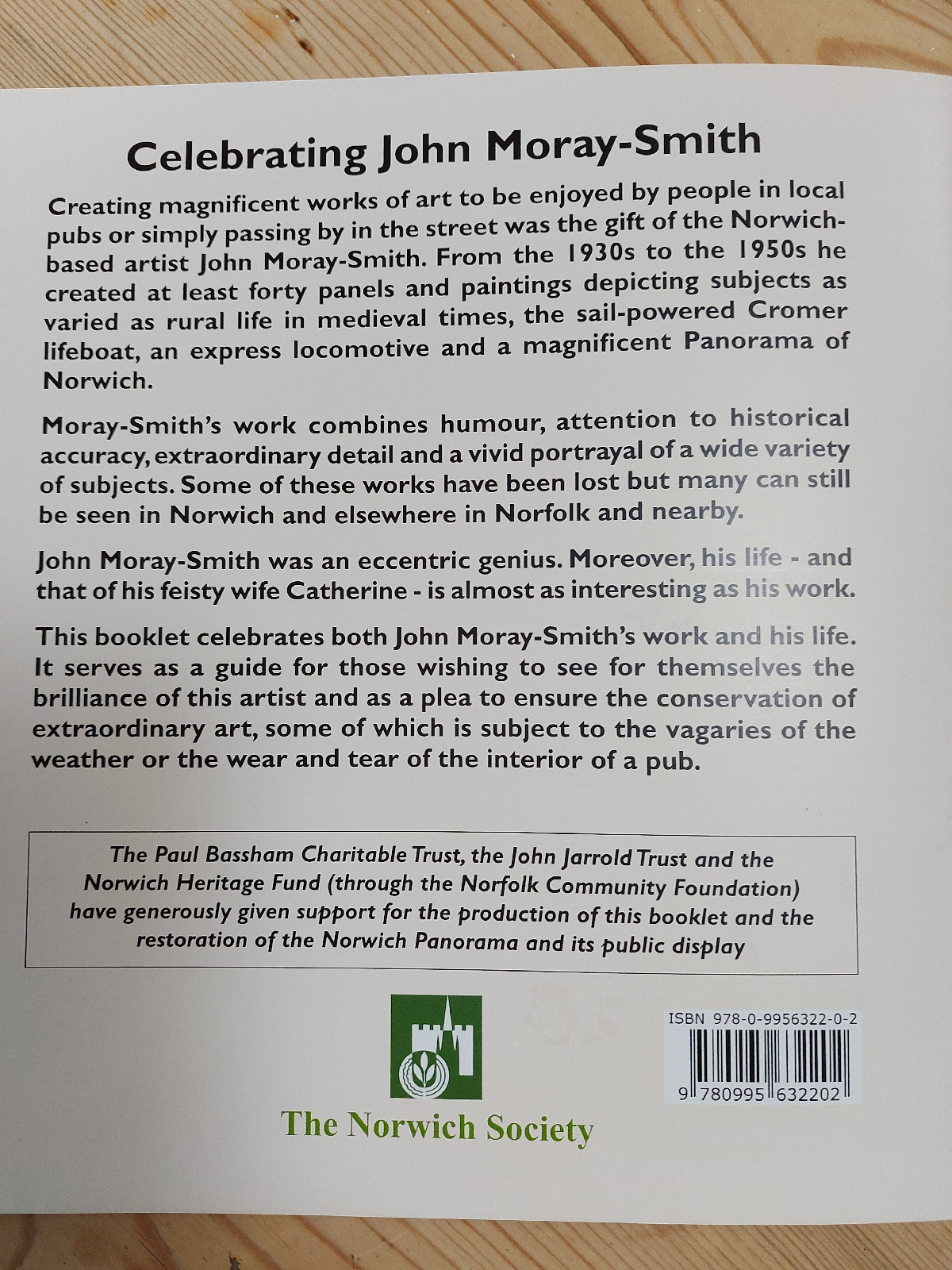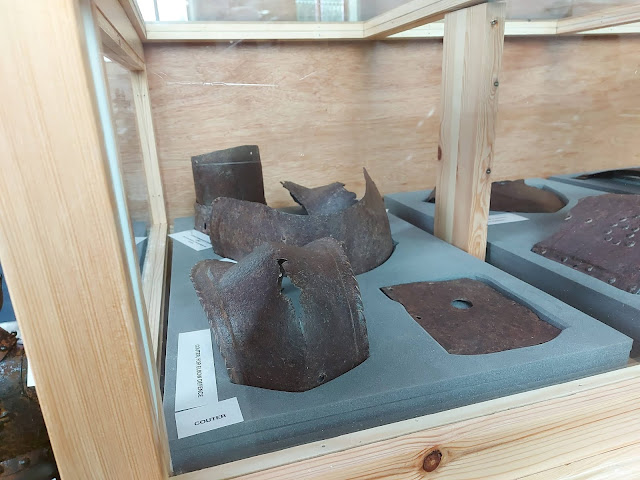These days, the Crimean war may not be a well known part of British history, although many of us may have heard of 'The charge of the Light Brigade', and of Florence Nightingale, a nurse in the Crimean War, who recognised the importance of cleanliness and kindness in military nursing, which was later introduced into general nursing. It is hard to know how much Carbrooke people would have known about the Crimean War in 1856, but this piece published in 'Norfolk Chronicles', details how they celebrated the ending of the war. (Thanks to DS, Carbrooke)
NORFOLK CHRONICLE, 5 July 1856
PEACE FESTIVITIES
The inhabitants of Carbrooke being desirous that the poor should not be forgotten on the restoration of peace, a liberal subscription was raised by the principal inhabitants of the parish, with a few of their friends, and Thursday, June 26th, being the day fixed for the occasion, early in the morning the bells, as usual, sent forth their merry praise[e], followed by the firing of guns at various intervals during the day. Preparations were going on in different parts of the village in erecting arches and a good display of flags and mottoes, whilst the flags of our brave allies floated in the breeze, and persons were busily engaged arranging tables for all. Preparations being ready by three o’clock, the poorer classes, who were to partake, began to arrive in family groups and family parties, and by the time they had taken their seats, the band struck up “O the Roast Beef of old England”, and at four o’clock 500 well ordered and neatly attired men, women and children were regaled with roast beef, plum-puddings and a bountiful supply of beer. Grace was appropriately chanted. After dinner the health of the Queen was proposed and drank with three times three hearty cheers, followed by other toasts. which were kindly responded to. The Watton band performed well the usual tunes on such occasions. The company sang “God save the Queen”, and “Rule Britannia”. The persons employed as carvers and waiters also sat down, in a commodious booth, to the same English fare. After dinner the rustic sports began with a donkey race, followed by boys and girls running for varius prizes, jumping in sacks and jingling matches, climbing the pole, and dancing. In the evening some good fireworks were displayed, which excited much delight, and the festivities concluded with a large bon-fire, which terminated a day of mirth and amusement to the inhabitants of Carbrooke and adjoining villages, from 2,000 to 3,000 persons being present.

























